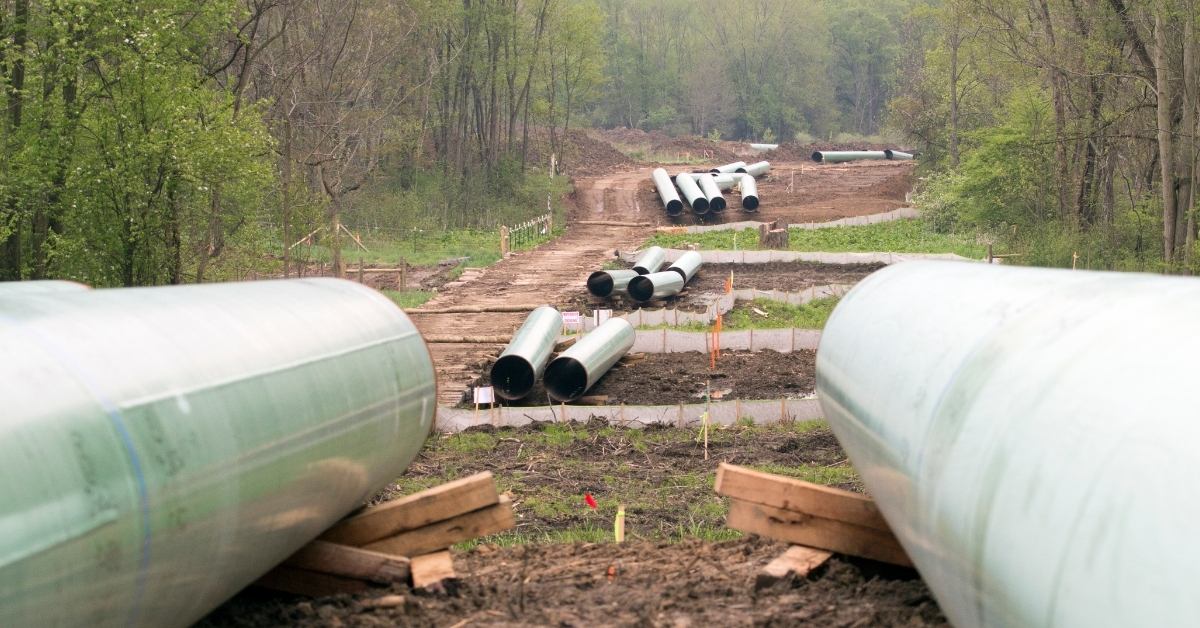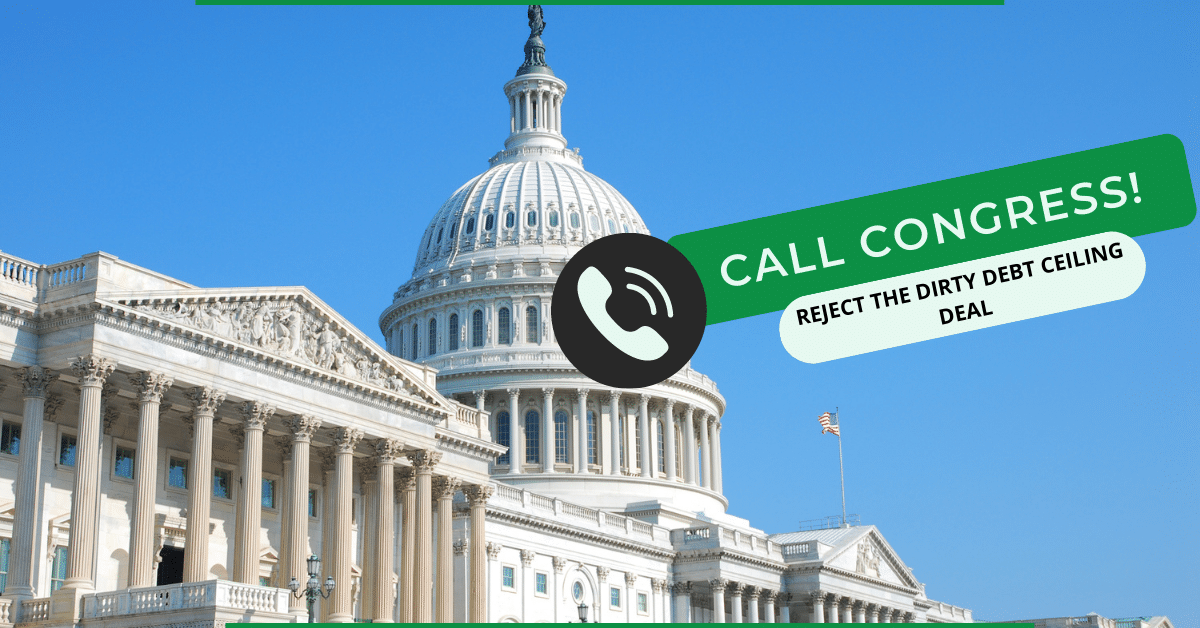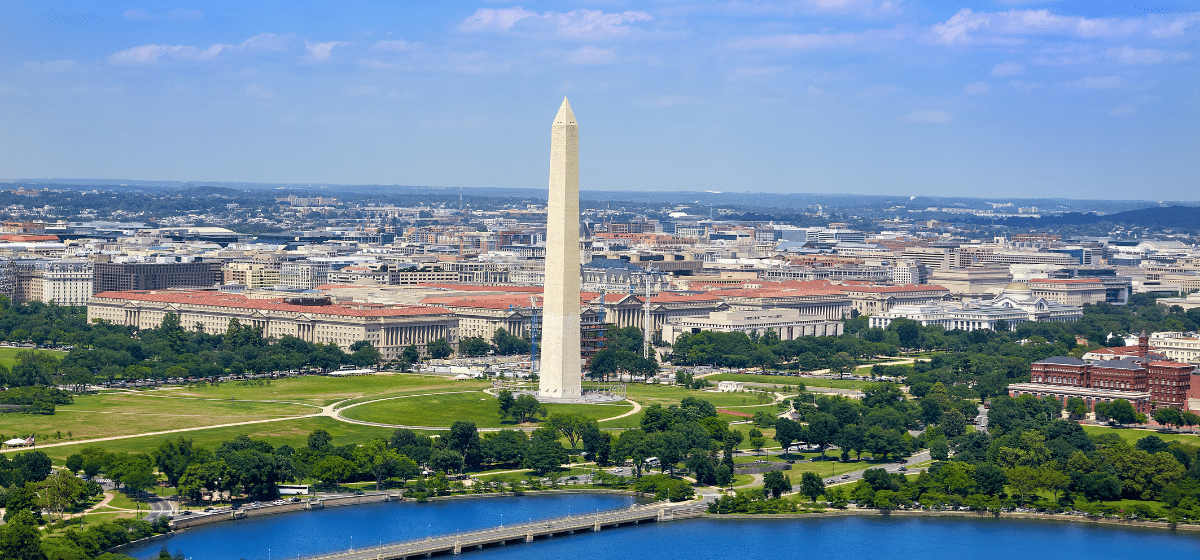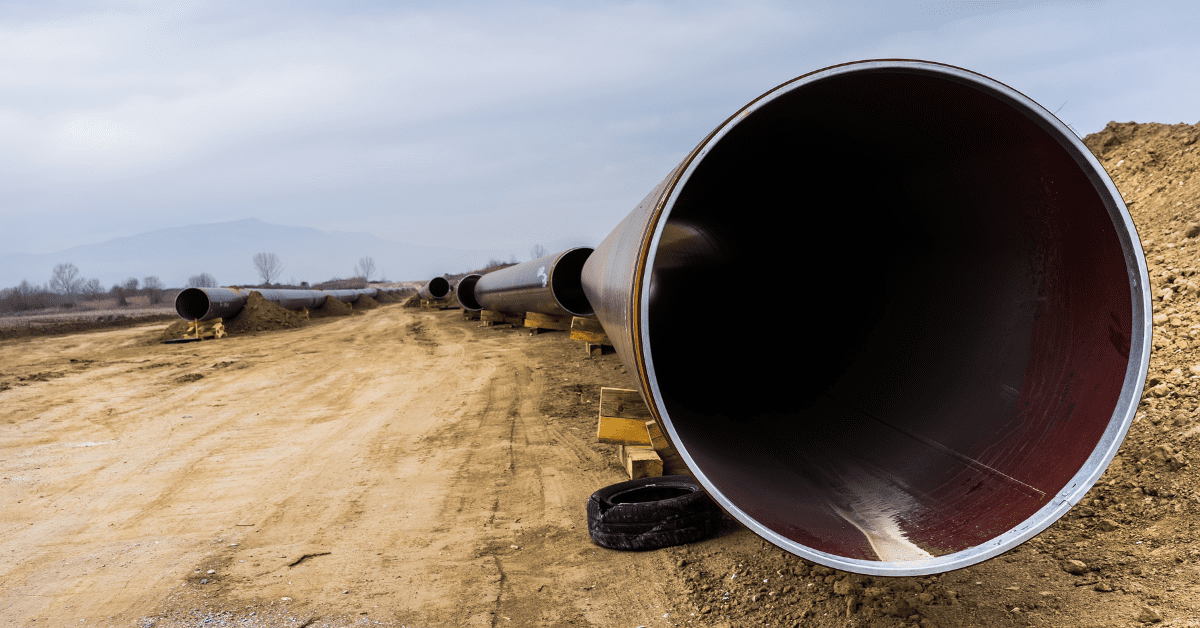
Preventing Pipeline Harms
This blog is the first of a four-part series reprinting policy papers from “Our Common Agenda,” an annual publication from the Virginia Conservation Network (VCN). This first installment, entitled “Preventing Pipeline Harms,” builds on the hard lessons learned from the fight against the destructive Mountain Valley Pipeline (MVP) but is designed to look forward, to… Read more






